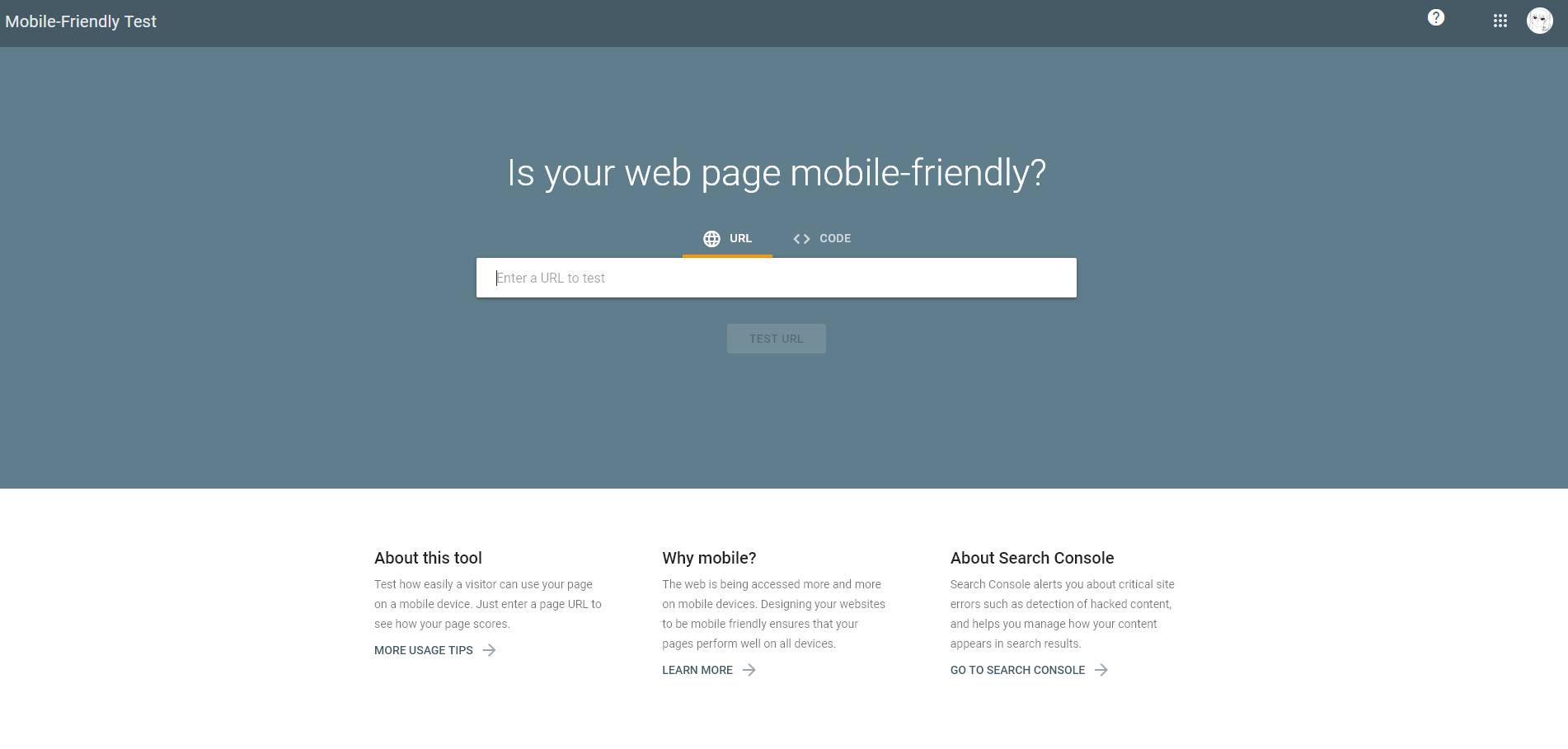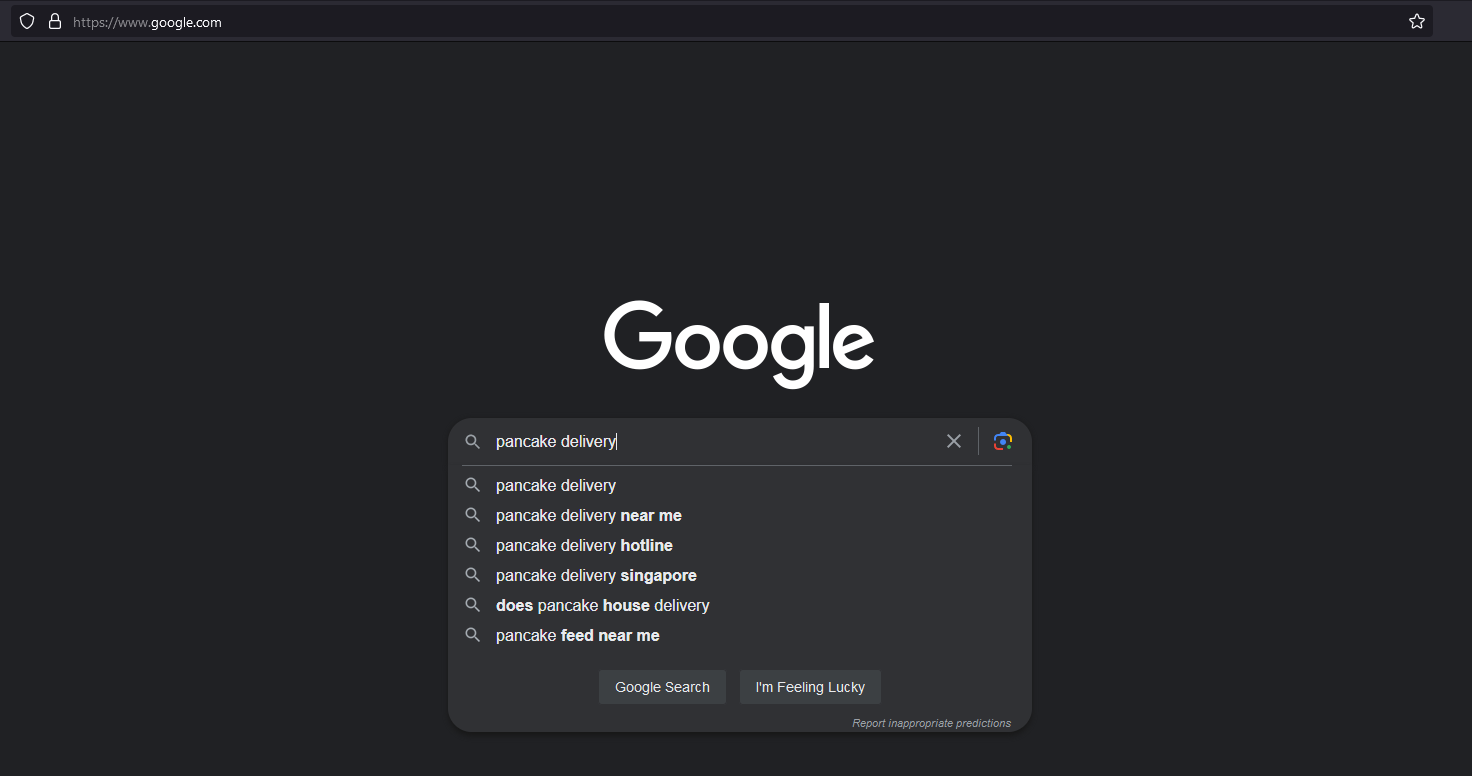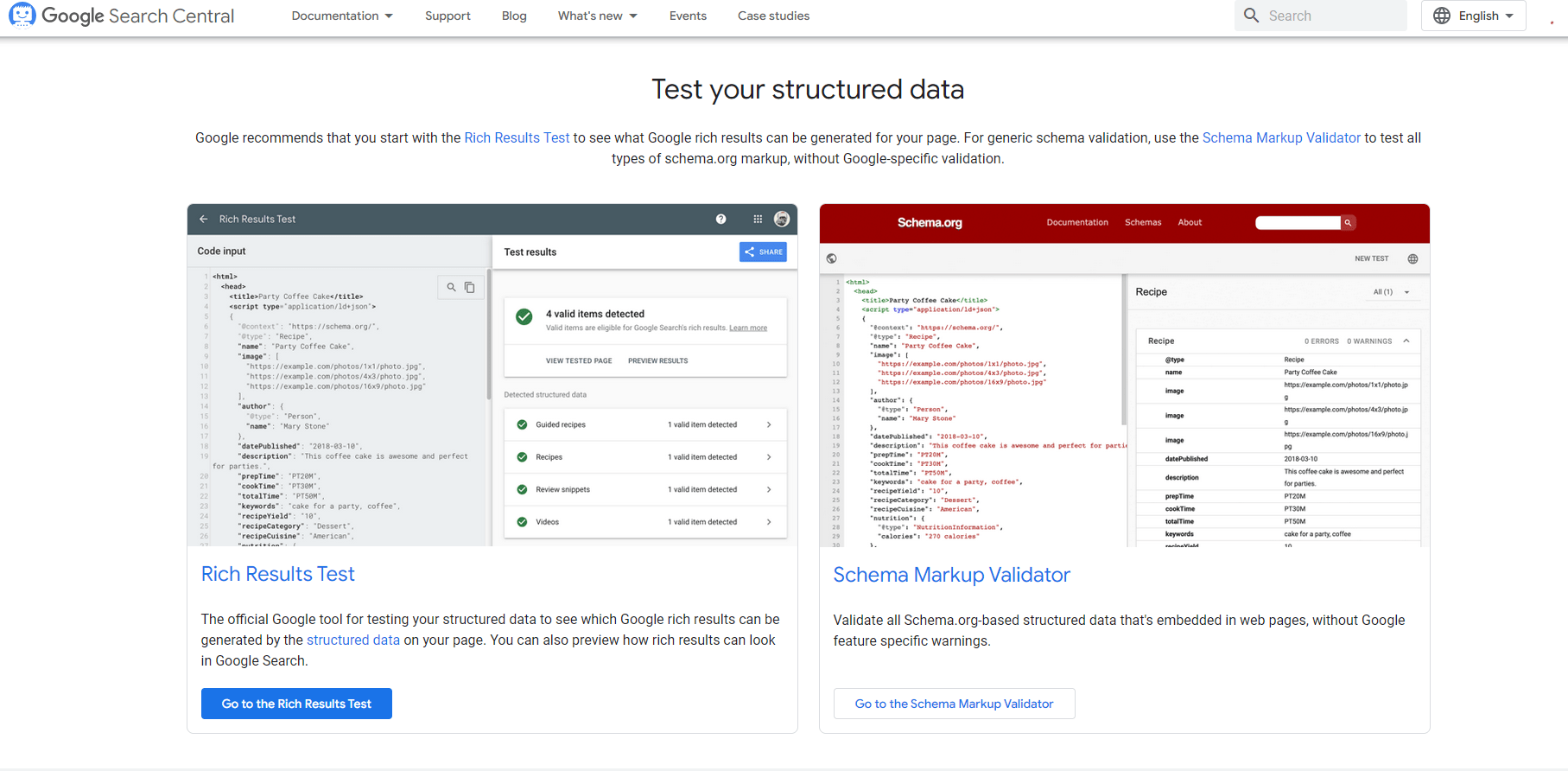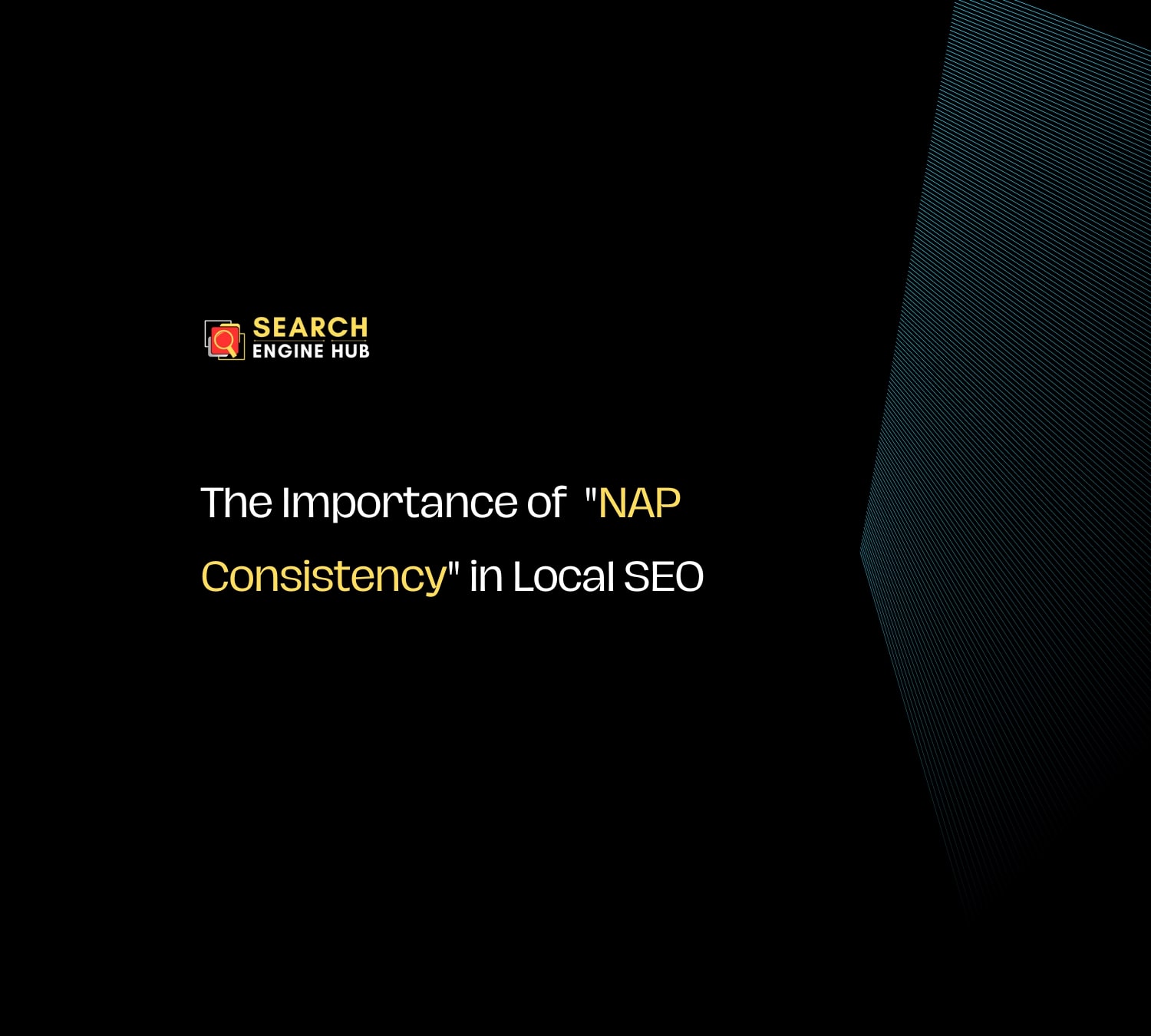Local SEO is vital for small businesses aiming to connect with nearby customers and appear prominently in search results. Effective strategies such as optimizing Google Business Profiles, gathering reviews, using local keywords, and creating relevant content can significantly improve visibility and build trust.
Focused efforts on these techniques help businesses build stronger community connections and establish a robust online presence. Below are the key approaches to achieving local SEO success:
1. Claim and Optimize Your Google Business Profile Listing
Optimizing your Google Business Profile is essential for local SEO success. Ensure your business’s Name, Address, and Phone Number (NAP) are accurate and consistent across platforms. Add high-quality photos, update your profile regularly, and engage with customers through reviews.
Sharing updates about offers and events can also increase visibility. A complete and optimized profile not only builds trust with potential customers but also enhances your online presence.
- Ensure accurate and consistent NAP details
- Add photos and update the profile regularly
- Engage with reviews to improve visibility
2. Collect Online Reviews
Customer reviews are crucial for building trust and improving search rankings. Satisfied customers can influence potential clients through positive feedback. Encourage reviews on platforms like Google and Yelp by providing exceptional service and politely asking for feedback.
Respond professionally to both positive and negative reviews to demonstrate your commitment to customer satisfaction. Highlight the best reviews on your website to strengthen your credibility.

3. Create Locally Relevant Content
Creating content tailored to your local audience builds community engagement and boosts visibility. Focus on addressing local issues, trends, or events. Incorporate location-based keywords naturally within your content, including blogs, videos, and social media posts.
Highlight local landmarks and use imagery that resonates with your audience. Providing value to your community establishes a stronger connection with local customers.
4. Optimize Your Website for Mobile
A mobile-friendly website ensures a seamless browsing experience, which is essential as many users search on their phones. Ensure quick loading times, easy navigation, and readable content across devices.
Use touch-friendly buttons and test your website’s functionality on various mobile devices. A user-friendly mobile website can reduce bounce rates and keep potential customers engaged.
- Quick loading times improve user experience
- Test functionality on multiple mobile devices
- Simplify navigation for seamless browsing

5. Target Local Keywords
Using local keywords helps attract nearby customers searching for your services. Identify relevant long-tail keywords and location-based terms using tools like Google Keyword Planner. Incorporate these naturally into your website’s headings, metadata, and content.
Regularly review your keyword strategy to ensure alignment with search trends and user behavior.

6. Build Local Citations
Local citations improve your business’s online visibility and credibility. These citations typically include mentions of your business’s NAP details in directories like Yellow Pages or Yelp. Ensure your listings are accurate and consistent across all platforms.
Periodically audit and update citations to maintain reliability, as inconsistent information can negatively impact search engine rankings.
7. Maintain NAP Consistency
Consistency in your business’s Name, Address, and Phone Number details is vital for building trust with both search engines and customers. Regularly check and update your NAP information on directories, your website, and social media profiles.
Inconsistencies can create confusion and reduce your credibility. Tools or professional services can help manage and maintain accuracy.
8. Use Structured Data Markup
Structured data enhances how search engines interpret your website’s content. Adding structured data enables rich snippets in search results, such as star ratings, business hours, and more.
Use tools like Google’s Structured Data Markup Helper to implement and test your structured data. Regular updates ensure your website remains optimized for search engines and users.
- Structured data improves visibility in search results
- Enables rich snippets like ratings and hours
- Regular updates ensure accuracy and optimization

9. Monitor Your Competitors
Competitor analysis helps refine your local SEO strategy. Identify competitors in your niche and analyze their content, keywords, and backlinks. Observe their social media presence and customer interactions.
Adapt successful strategies to your business while improving on their weaknesses. Consistent monitoring ensures you stay competitive in your local market.
10. Analyze Your Performance
Regularly evaluating your SEO efforts is key to ongoing improvement. Tools like Google Analytics and Google Search Console provide insights into traffic, user behavior, and technical issues.
Monitor key performance indicators (KPIs) such as bounce rates, conversion rates, and organic traffic. Use this data to identify areas for improvement and adapt your strategy accordingly.

Expert Advice
Achieving success in local SEO requires consistent effort and adaptability. Focus on strategies that align with your audience’s needs and maintain an active online presence. Collaborating with experienced SEO professionals can save time and improve results.
Invest in specialized services to ensure sustainable growth in local rankings and long-term success for your business.
Looking to boost your local SEO? Contact us today to discuss your needs or subscribe to our Monthly SEO Plan starting at $350 per month. Our experts are here to help you achieve better rankings and grow your business.




